Articles

Is Feminism Dada?
In the 1980s, two nice young Italian women came to Prague. They brought with them a women’s proclamation, which demanded many good things: respect for human rights, disarmament and so on. They collected signatures from women on both sides of the Iron Curtain. In Prague, however, they came up against unexpected resistance. Almost all the…
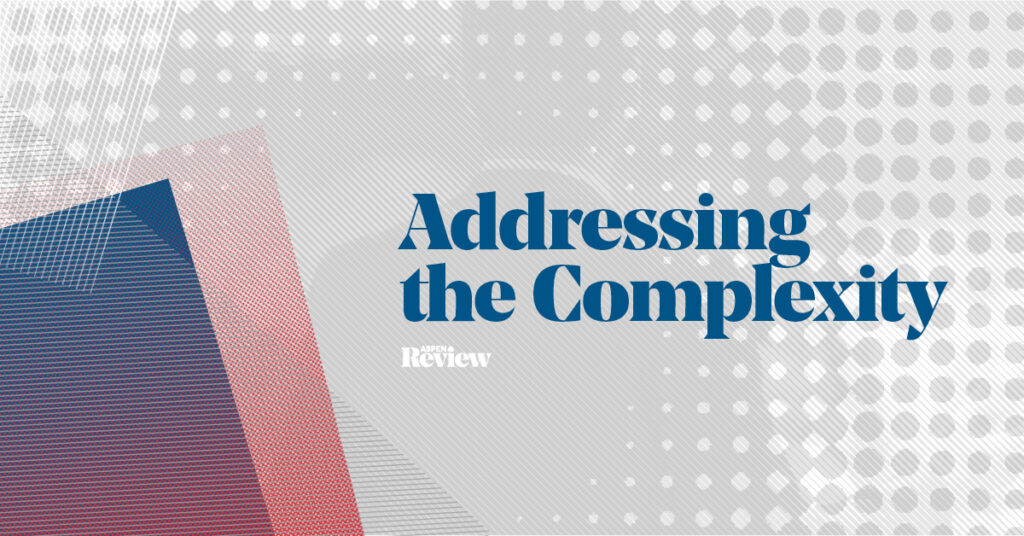
Addressing the Complexity
W Polsce, czyli wszędzie Edwin Bendyk Polityka, 360pp, 2020 Has the COVID-19 pandemic taught us something about the future of the human condition? For sure, “The pandemic has reopened the debate about what is necessary and what is possible,” as Bruno Latour, the French philosopher of science, observed in a recent interview. What seems to…
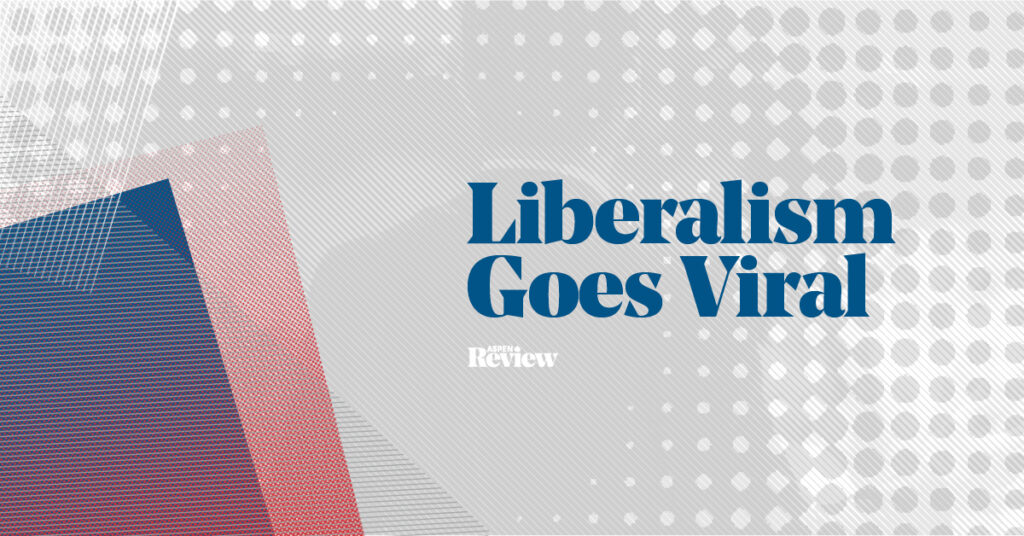
Liberalism Goes Viral
Pandemic!: COVID-19 Shakes the World Slavoj Žižek Polity Press, 136 pp, 2020 Sadly, pandemics are nothing new. In his 1975 book “Discipline and Punish”, the French philosopher Michel Foucault used anecdotes from seventeenth-century French military archives in a lengthy discussion of how local governments reacted to the plague. Step one saw each town cut itself off…
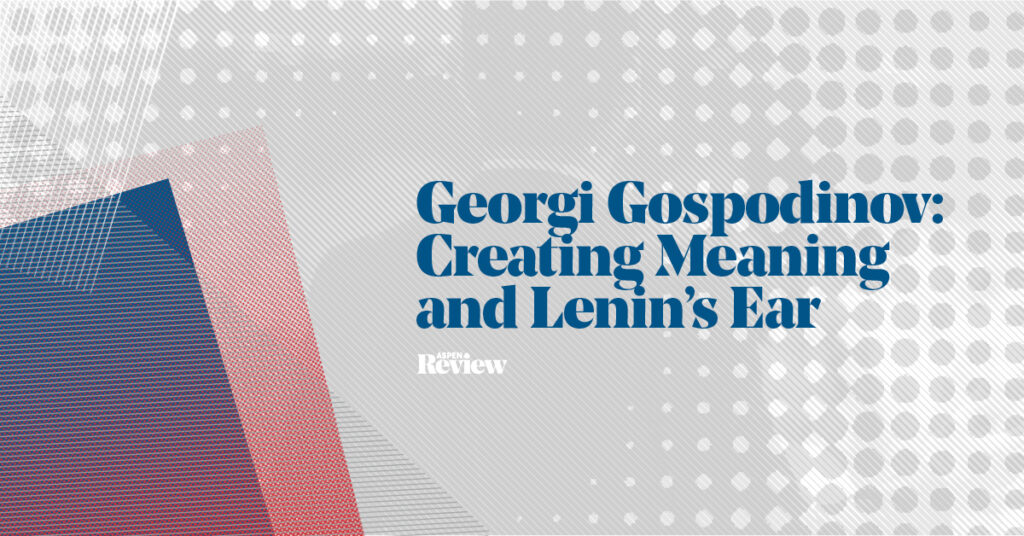
Georgi Gospodinov: Creating Meaning and Lenin’s Ear
We are currently experiencing a crisis similar to the one related to the depletion of natural resources—a crisis of exhaustion of meaning, wrote Georgi Gospodinov in his collection of essays Invisible Crises (2012). And as an alternative source of language energy, he proposed a sphere that deals with the constant production and renewal of meanings—literature.…
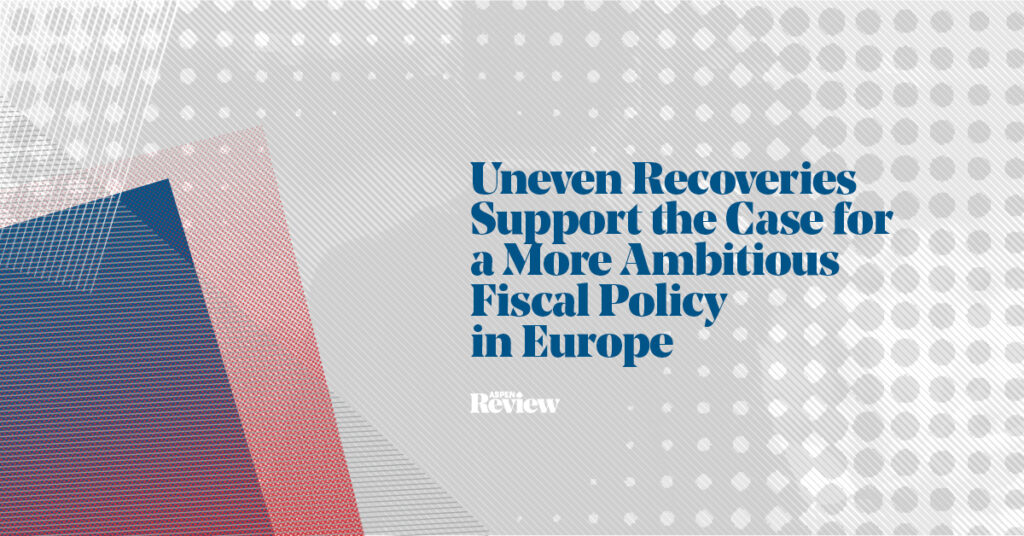
Uneven Recoveries Support the Case for a More Ambitious Fiscal Policy in Europe
The initial recovery phase after the global financial crisis and the eurozone crisis was marked by a remarkable lack of new policy ideas. There is no need to repeat this experience. The current crisis is an opportunity to put the new policy ideas, that have come out of these debates, into practice. When the world…
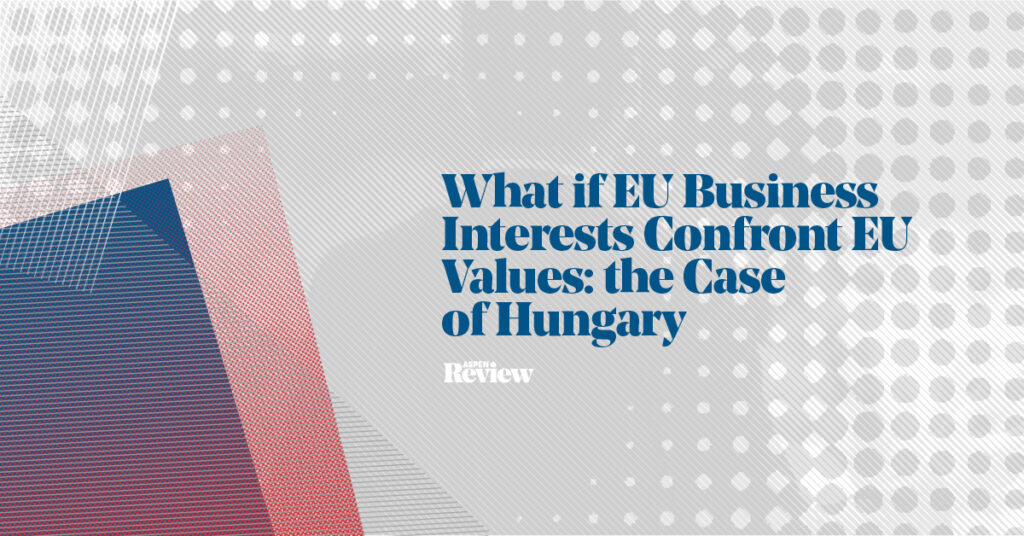
What if EU Business Interests Confront EU Values: the Case of Hungary
As long as business profits, maximizing interests at any price, are accepted in the region, and especially in Hungary, the population will not be motivated to protest against issues the EU selects as—in its opinion—important ones. The different organizations of the EU have been criticizing Hungary for not following EU values. It was, however, never…
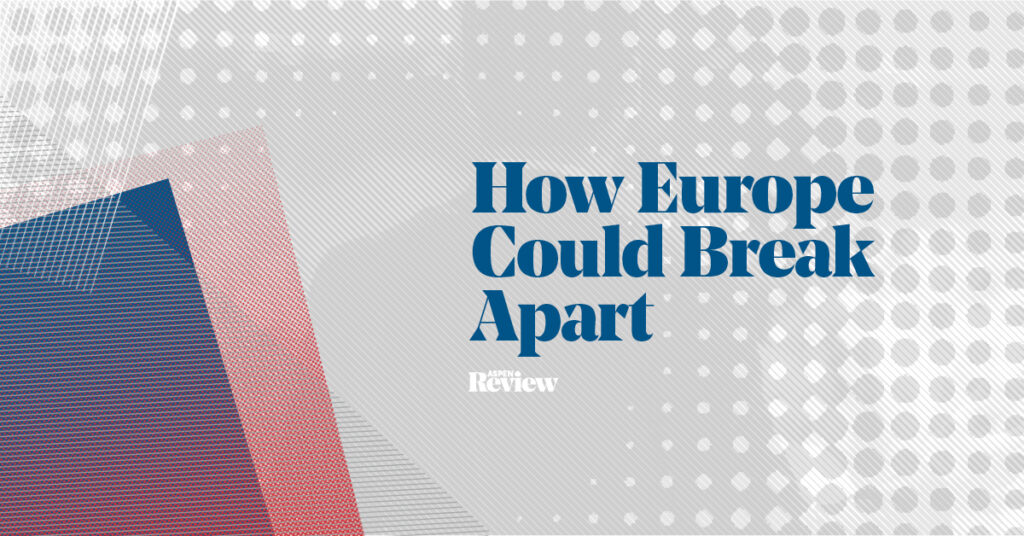
How Europe Could Break Apart
Maastricht was built on monetarism. But monetarism is a fiction—the fiction that there is a money supply that is controlled by an independent and purely technocratically managed central bank. This dream has nothing to do with reality. The ruling of the German Federal Constitutional Court of 5 May 2020 on the policies of the European Central Bank…
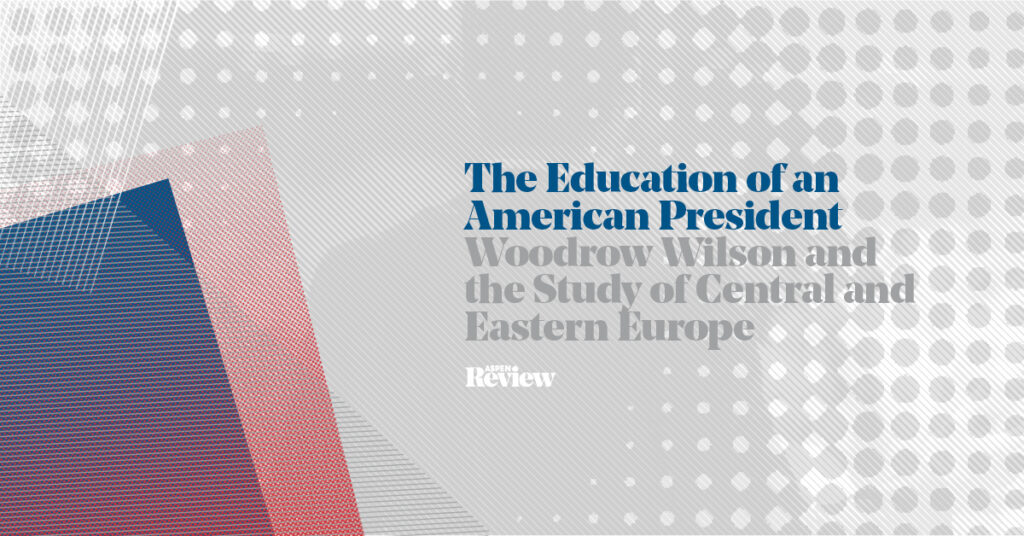
The Education of an American President Woodrow Wilson and the Study of Central and Eastern Europe
There has certainly never been an American president who cared more passionately about Central and Eastern Europe and did more to transform its geopolitical circumstances than Woodrow Wilson. With America‘s entry into World War One, declaring war against Germany in April 1917 and against Austria-Hungary in December, Wilson was keenly focused on Eastern Europe as…
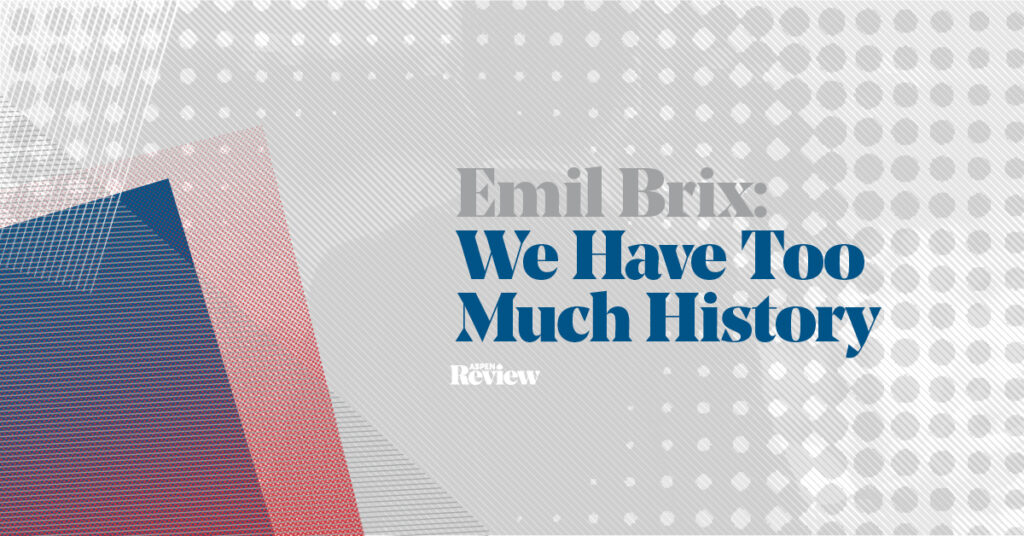
Emil Brix: We Have Too Much History
More Austrians would agree that we should restore the Habsburg monarchy rather than unify with Germany — says Emil Brix in an interview with Zbigniew Rokita. ZBIGNIEW ROKITA: In your book Mitteleuropa Revisited you and Erhard Busek stressed: “Austria joined the EU in 1995 as the first Central European country”. Is that really how most…
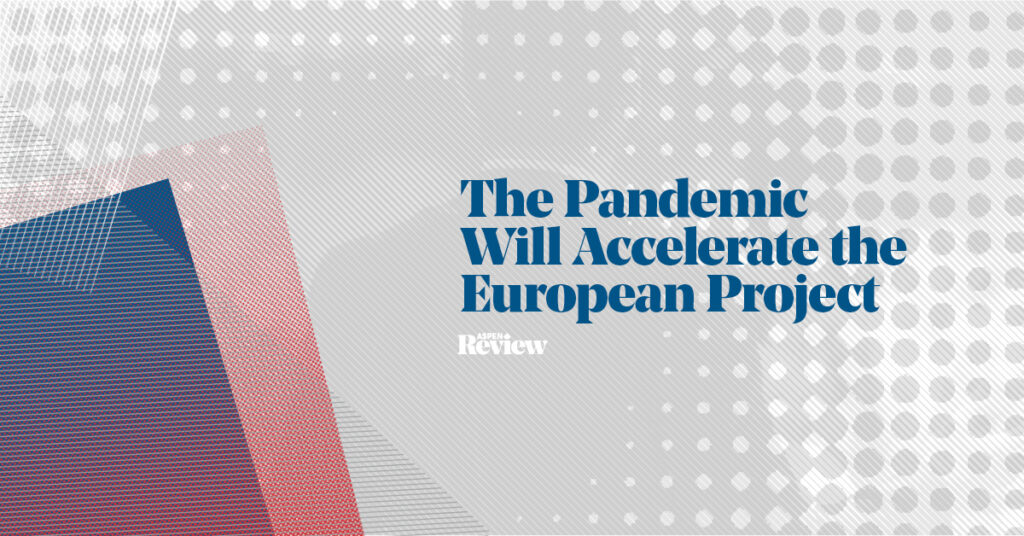
Butterflies, Dysfunctions and Political Power
Viktor Orbán clearly sees the erosion of the West, but it is unclear where the new ideas will come from. Can Central Europe reverse the historical dynamic of being the subaltern and instead be the role model for a renewal? In the midst of a crisis, it is hard to see the whole picture. We…
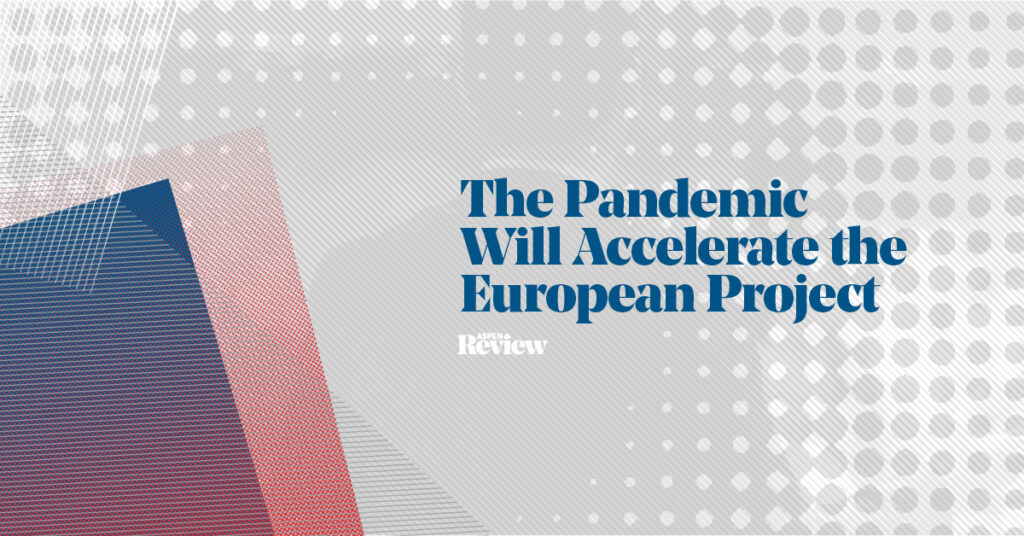
The Pandemic Will Accelerate the European Project
It is hard to imagine when and if the pandemic will be over. Just as the moment it came about caught us by surprise, the instance in which it may disappear is also hard to plan for. While the pandemic continues, the political perspectives may look different across the West. Wojciech Przybylski For Europe and for…
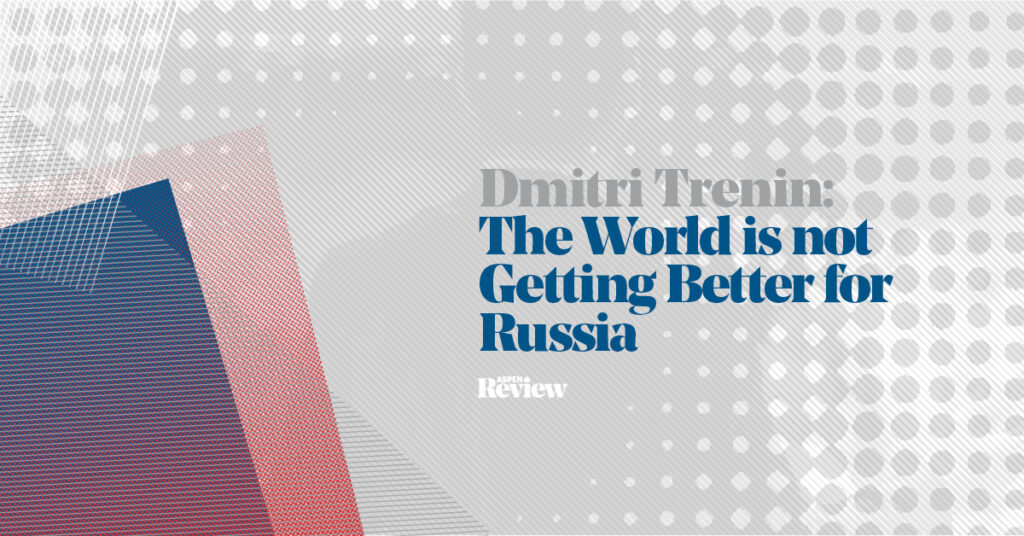
Dmitri Trenin: The World is not Getting Better for Russia
There is no global equilibrium, and cannot be at this stage: The process of changing the global order that we are dealing with is a dynamic and conflict-generating period, says Dmitri Trenin in an interview with Zbigniew Rokita. ZBIGNIEW ROKITA: A new world order often emerges from great crises. This was the case after WWI, WWII…
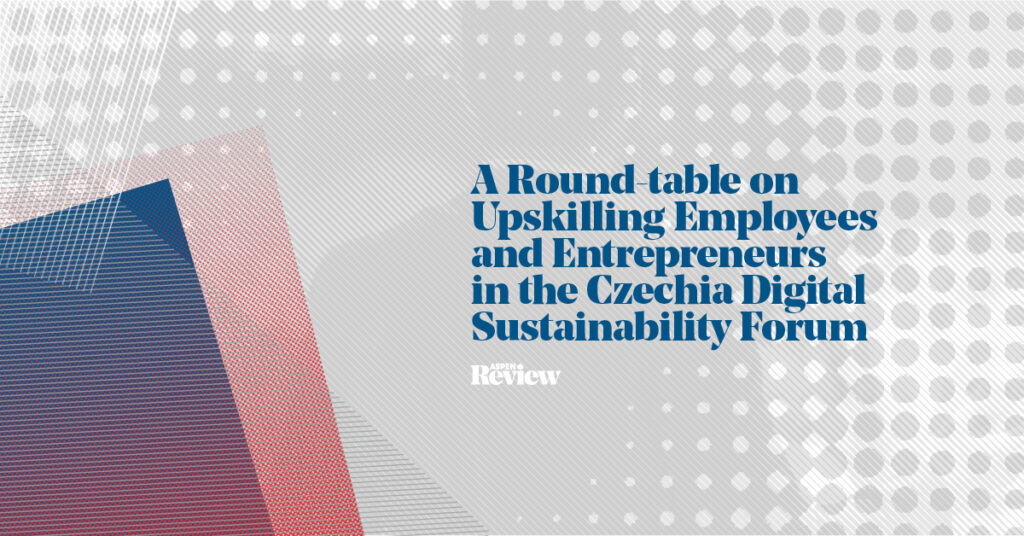
A Round-table on Upskilling Employees and Entrepreneurs in the Czechia Digital Sustainability Forum
Lifelong learning is key to upskilling employees and entrepreneurs in order to maintain employment and create new jobs in a dynamically evolving global environment. It is important to enable people to adapt to a fast-changing jobs market to ensure they remain employable even in the face of advancing robotization and automation. Competitiveness on the job…
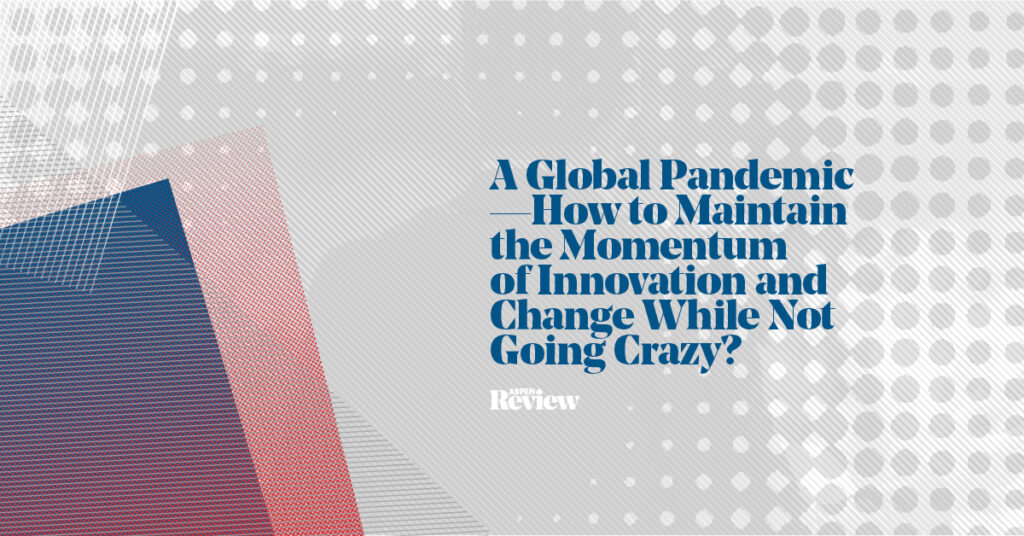
A Global Pandemic —How to Maintain the Momentum of Innovation and Change While Not Going Crazy?
I was innocently travelling to see my grandparents, hearing about some obscure flu-esque wave sweeping into Europe, thinking “oh wow, the media are at it again”. Within 4 days, there was a national emergency, WHO declared pandemic status, and I was isolated in the Czech mountains with two grandparents, a dog and utter bewilderment. To…

Do Not Take Today’s Pro-Europeanism for Granted
In Central Europe, Covid-19 does not seem to have left a major imprint on people’s attitudes towards Europe; at least not yet. This could, however, easily change if, in the EU’s post-Covid-19 dynamic, the region drifts further away from the European center. Nothing New in the East For the moment, Poles, Hungarians, and Slovaks remain…
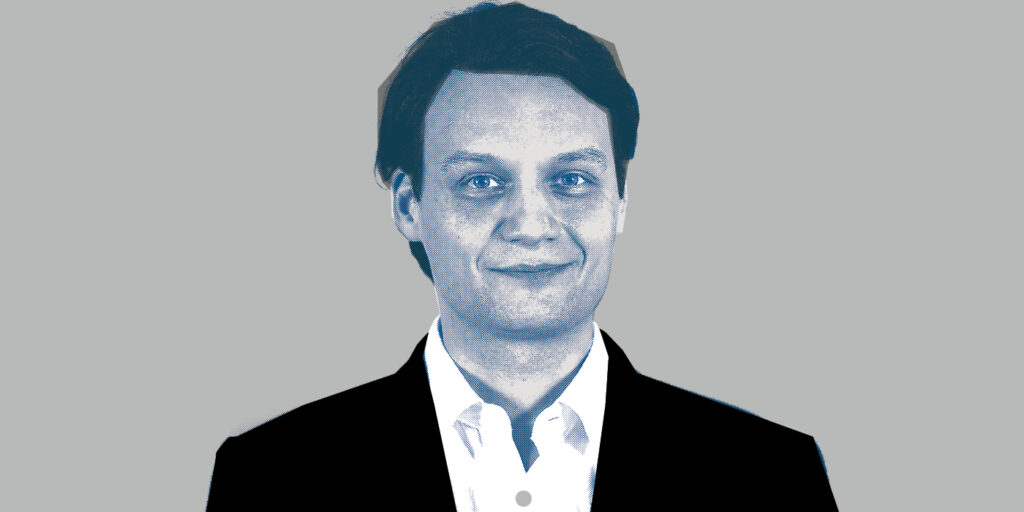
Alexander Kriwoluzky: A Crisis Like No Other Before
European differences are shelved—for now. The question is, will they come again to the forefront, as the crisis comes to an end?—asks Alexander Kriwoluzky, Head of the Department of Macroeconomics at the German Institute for Economic Research in Berlin, in an interview with Jakub Dymek JAKUB DYMEK: After the novel virus struck the world, when did…
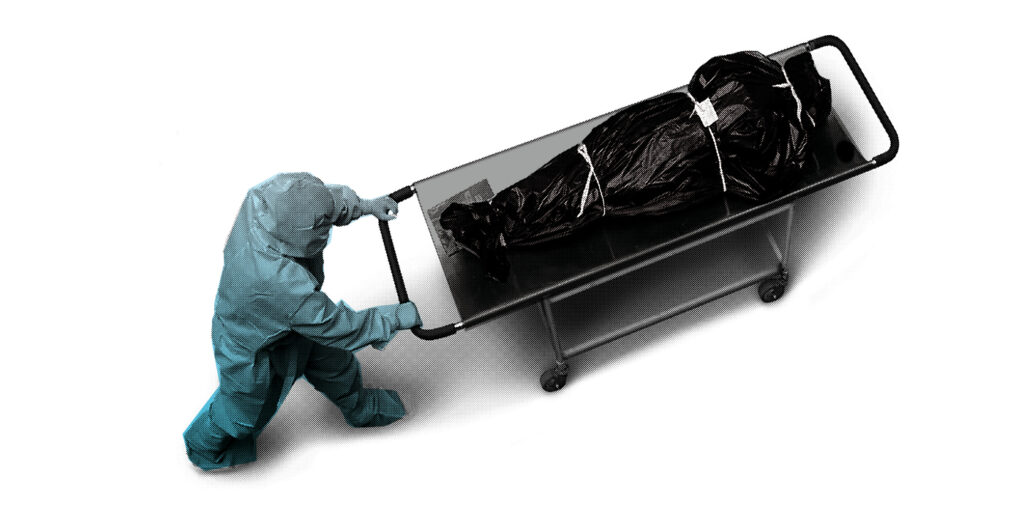
The Coronavirus, The Myth Buster
Covid-19 revealed how brutal, unjust and inhumane the attitude to the old and sick is in the modern world. It showed the reality painstakingly concealed earlier behind thick curtains, hidden from the eyes of the majority. 1. The coronavirus has brought to the surface an entire range of situations and things that are normally invisible,…
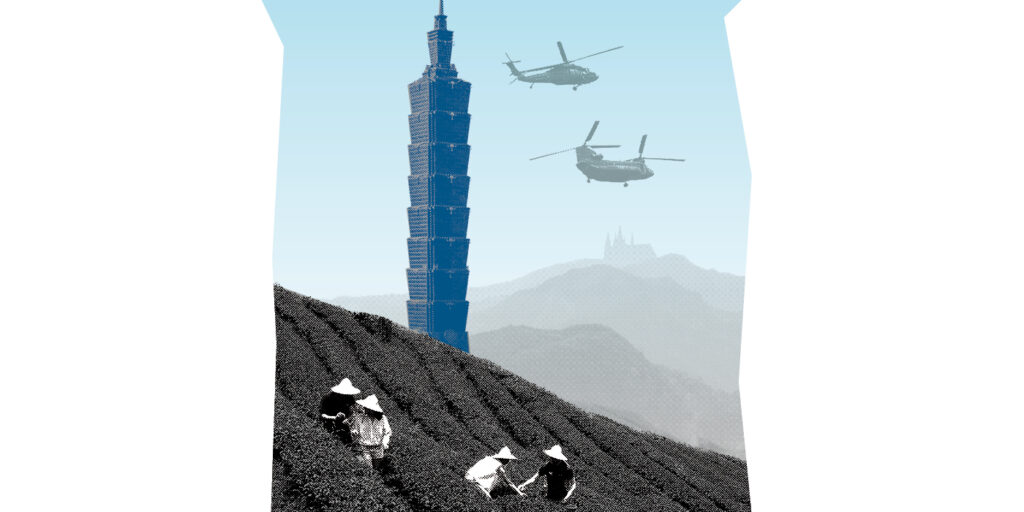
The Country Where People Trust Their Government and the Government Trusts its People
In Taiwan, I had a chance to see what really matters in a democracy. We need a vigilant society as well as needing to shape our lives from the bottom up. What matters is diversity and not the feeling that we no longer have any influence over anything. I was in Taiwan in January and…
